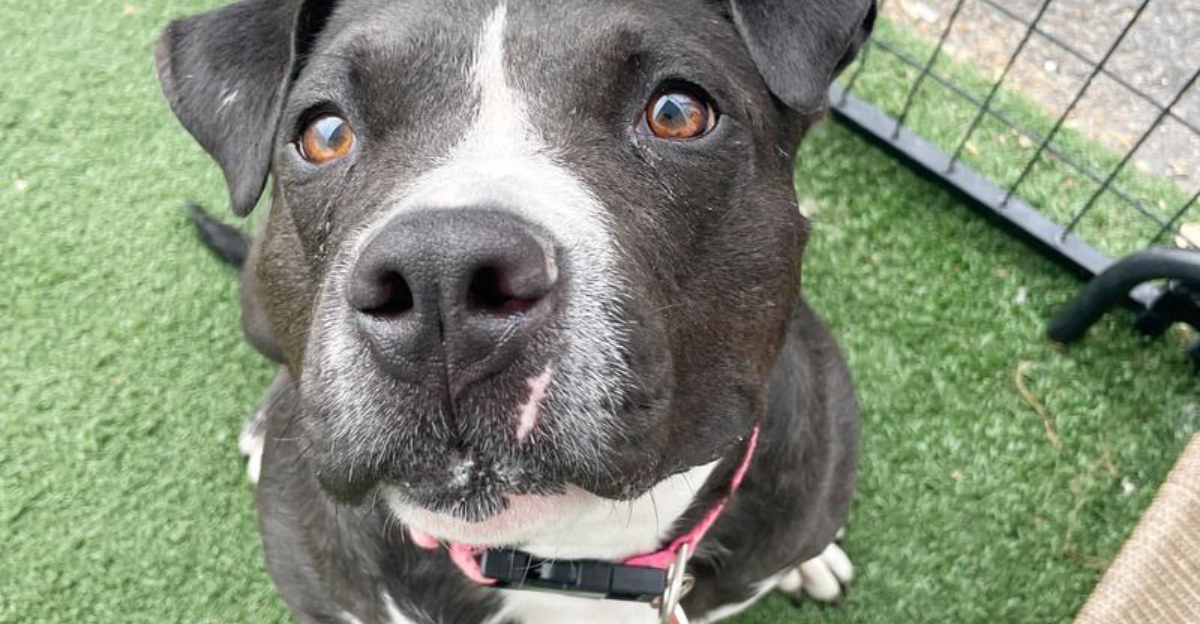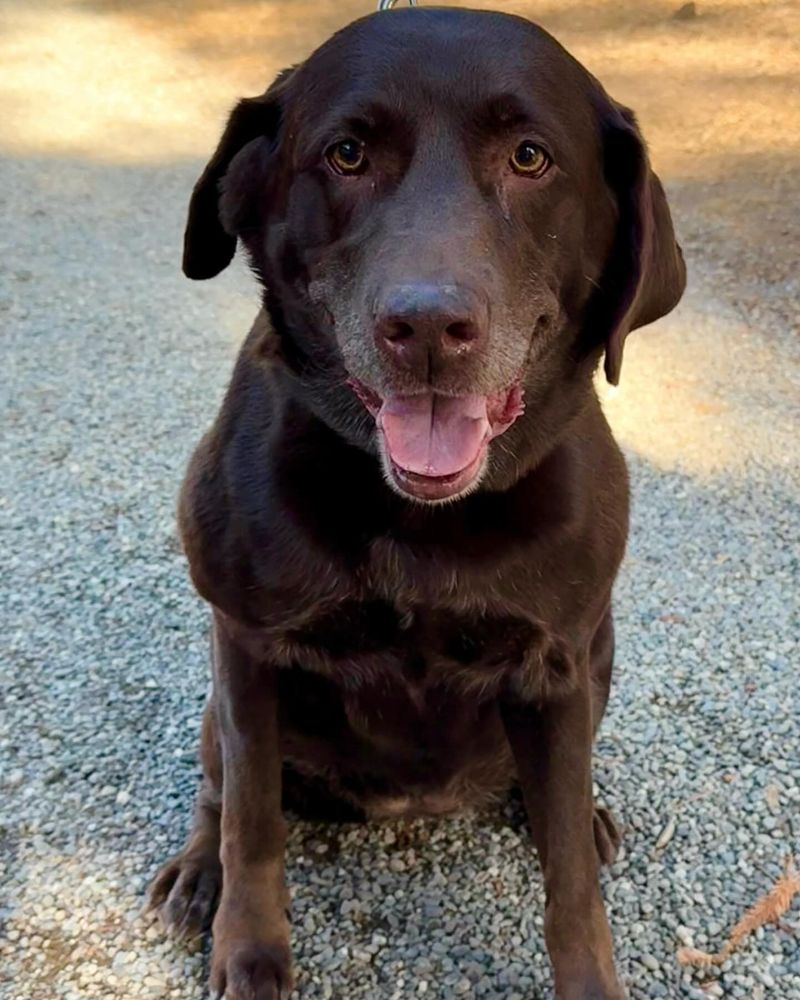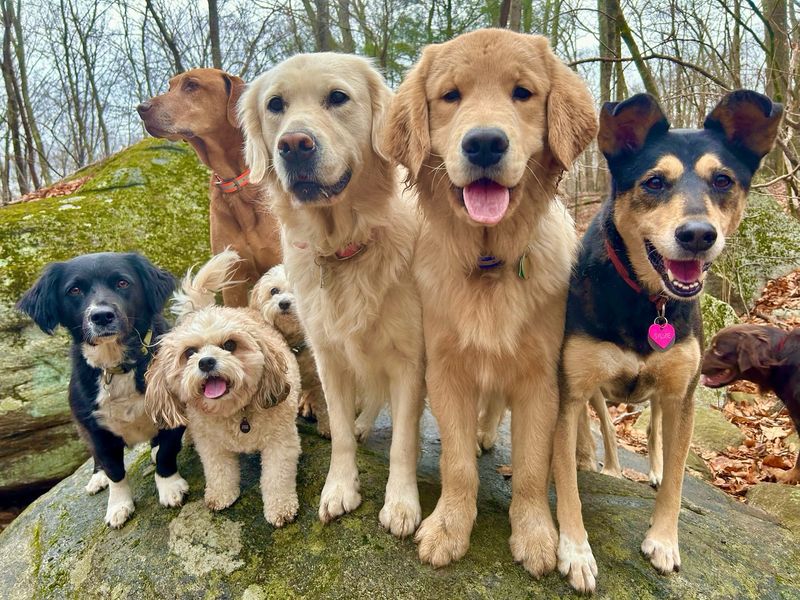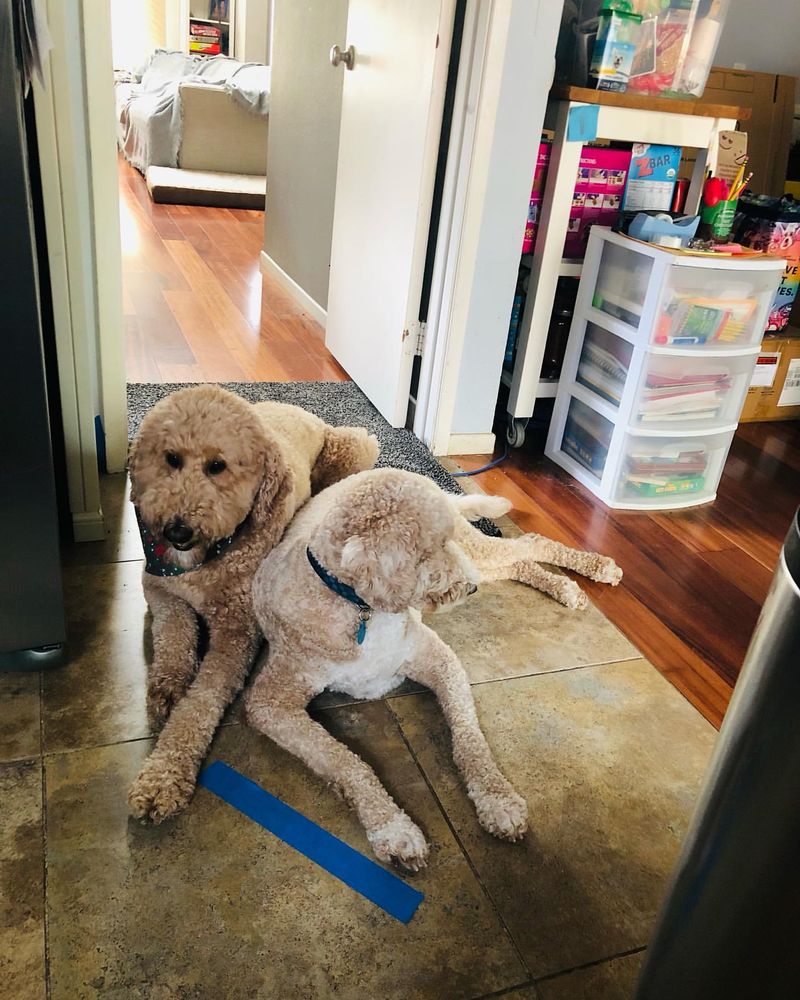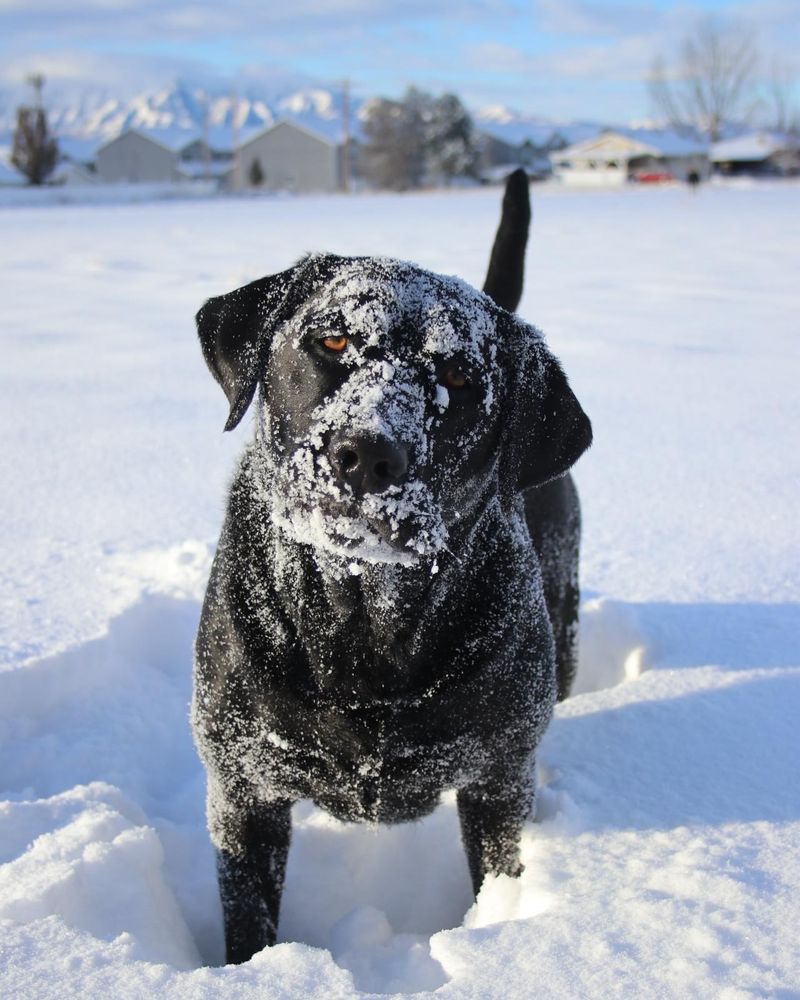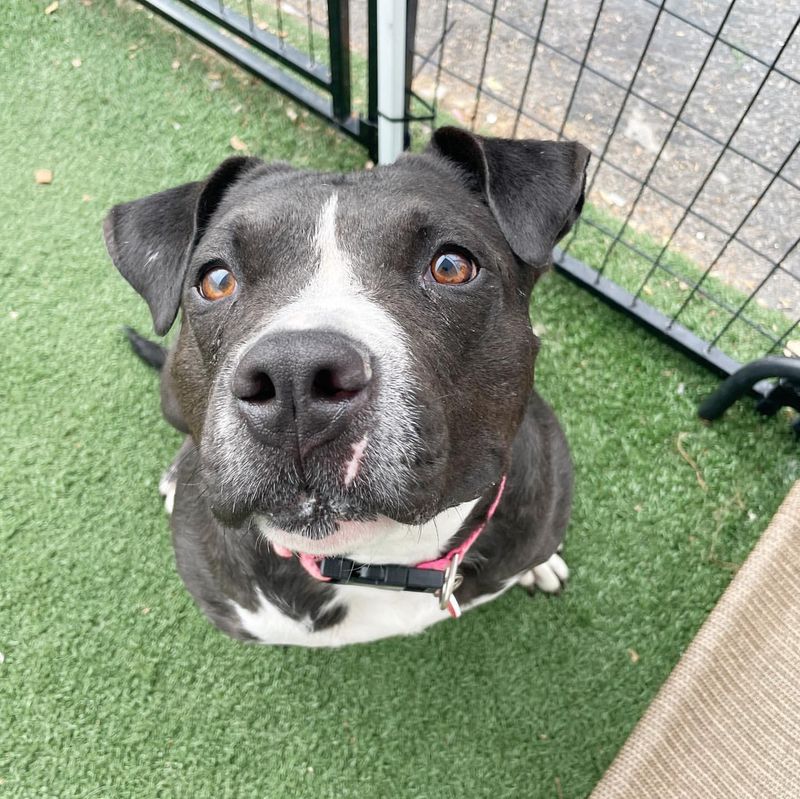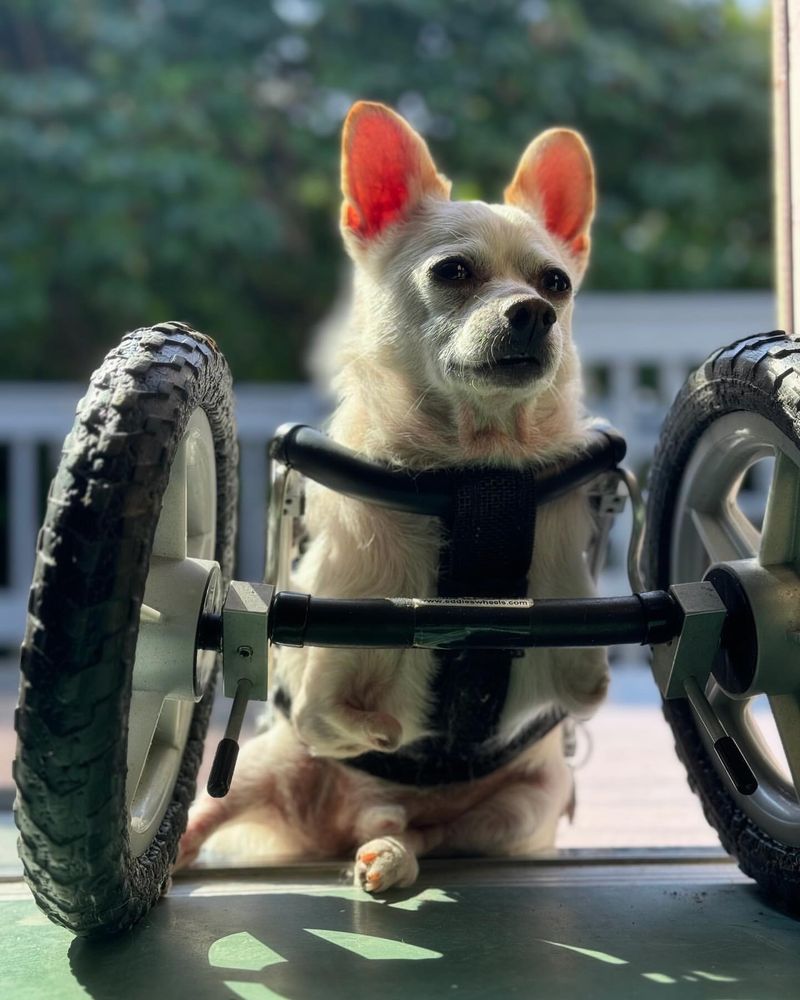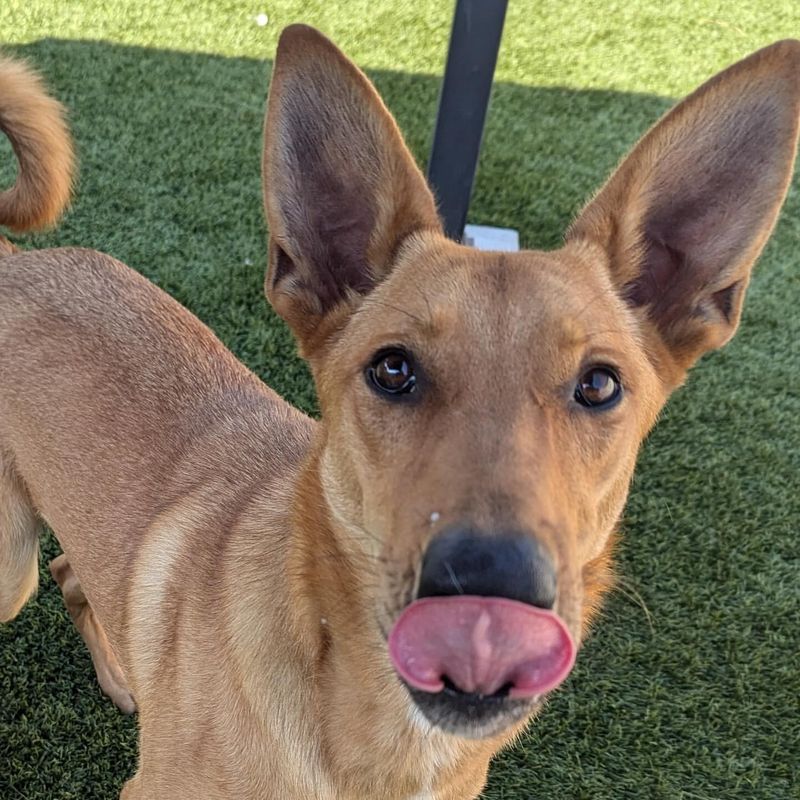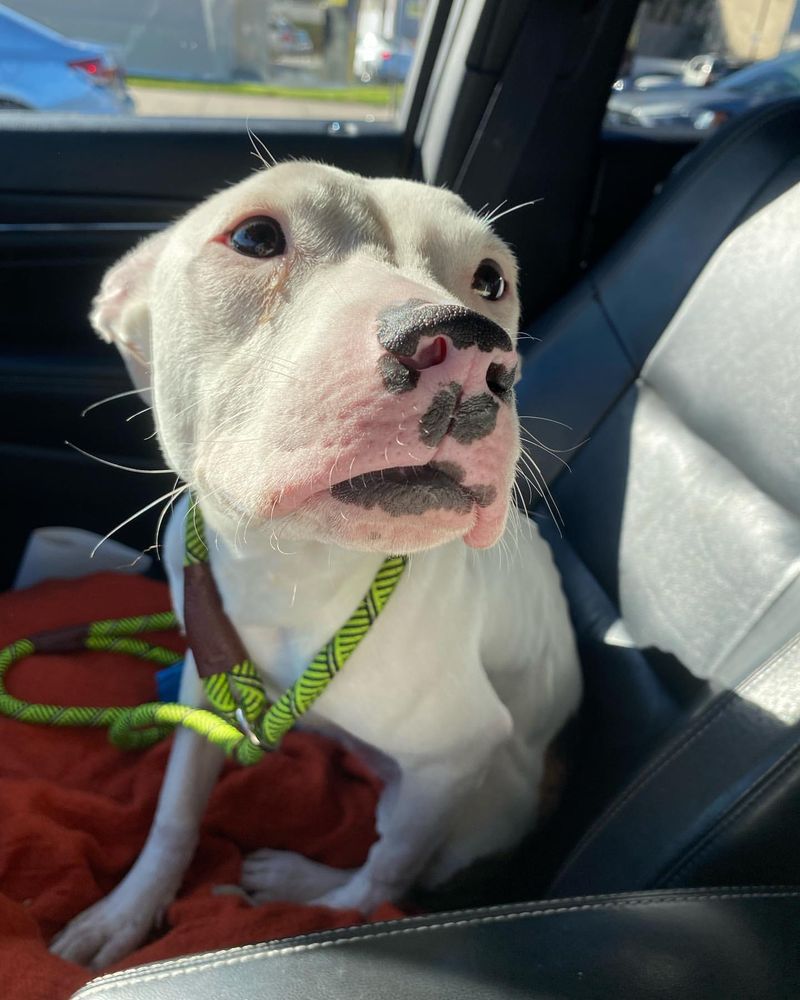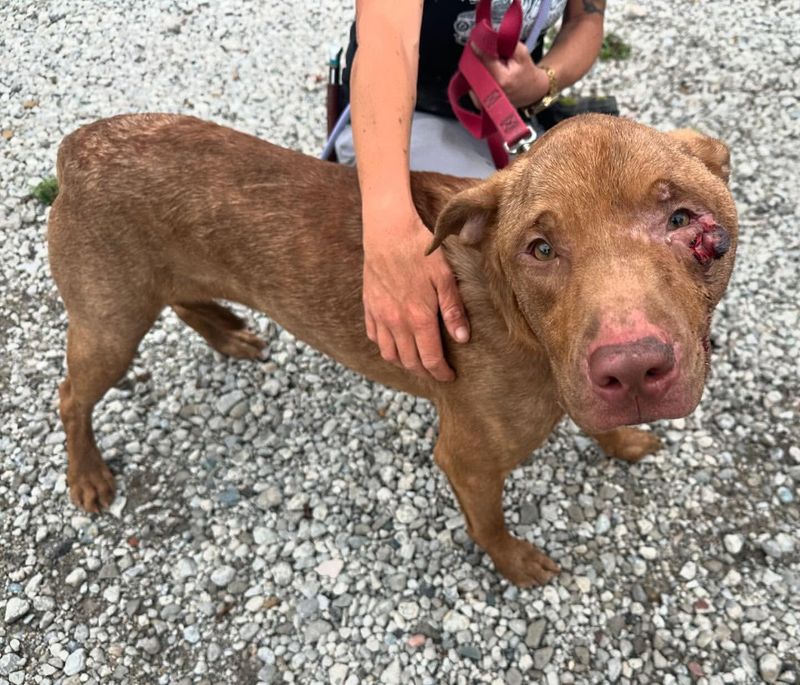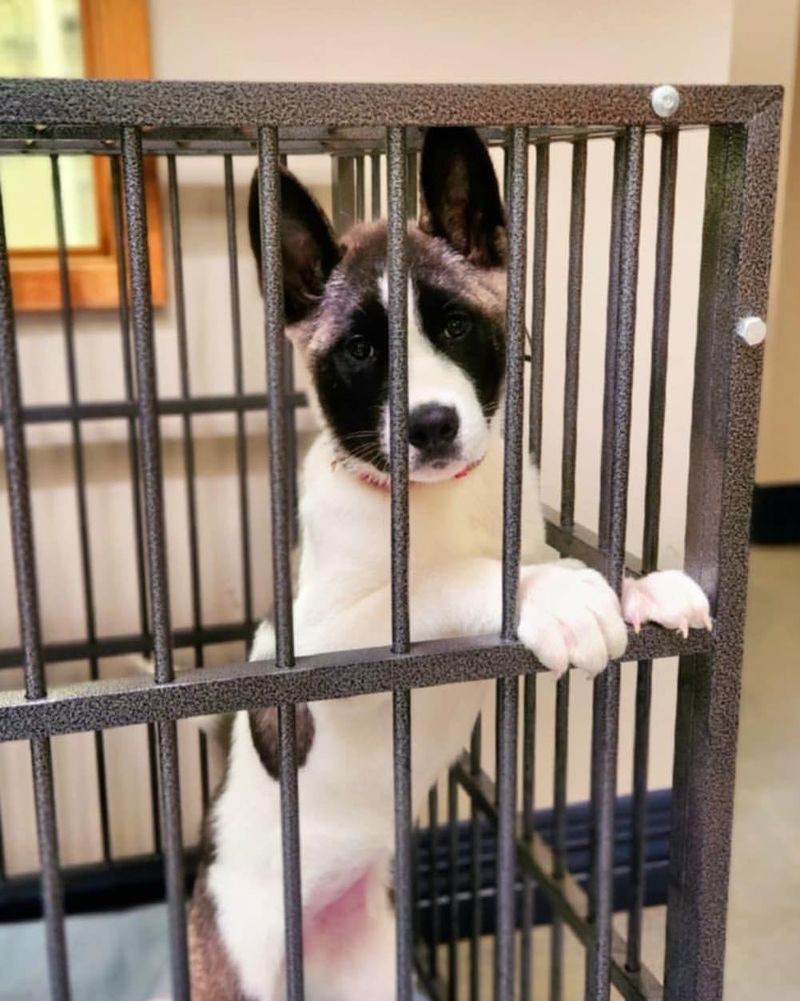Adopting a dog is a joyous occasion, yet some dogs find it challenging to secure their forever homes. These loyal companions often face obstacles that hinder their adoption process. In this post, we explore 15 key reasons why some dogs struggle to find their perfect match. Understanding these barriers can help potential adopters make informed decisions and provide these dogs with the loving homes they deserve.
Age Concerns
Older dogs, often adorned with gray muzzles, face adoption challenges. Potential adopters may worry about shorter lifespans or increased healthcare needs. Yet, senior dogs bring wisdom and calmness, enriching homes with their gentle presence. Many older dogs are already house-trained and have well-established personalities, making them predictable companions. Their needs are often simpler, requiring less exercise. Adopting a senior dog can be a rewarding experience, offering them comfort in their golden years. Consider the joy of giving an older dog a loving home; it’s a decision that benefits both the dog and the adopter immensely.
Health Issues
Dogs with health issues often struggle to find homes due to perceived financial burdens or care complexities. Conditions like diabetes or arthritis might intimidate potential adopters who fear veterinary costs. However, many health issues are manageable with proper care and medication. These dogs can lead fulfilling lives, bringing joy and love to their new families. Adopters should consider the rewards of helping a dog live comfortably despite health challenges. The bond formed through such care is profound, offering dogs and their human companions a deeply meaningful relationship.
Behavioral Challenges
Behavioral issues, like anxiety or excessive barking, can deter adopters seeking easy pets. Training takes time and patience, but the transformation can be incredibly satisfying. Understanding the root of such behaviors is key. Dogs often act out due to past traumas or lack of socialization. With consistent training and love, these dogs can overcome obstacles, becoming cherished family members. It’s essential to invest in training and provide a stable environment. The commitment pays off as previously challenging behaviors diminish, revealing the loving nature of the dog beneath.
Size Preferences
Size often influences adoption decisions, with some preferring small dogs. Larger dogs may be overlooked due to space or exercise concerns. However, many large breeds are surprisingly gentle and adaptable, thriving in various living situations. They often form deep bonds with their families, offering protection and affection. Adopters should consider lifestyle and space to ensure a good match. Large dogs can be excellent companions, providing loyalty and companionship. Understanding a breed’s specific needs over generalized size concerns can lead to fulfilling adoptions and happy, well-adjusted pets.
Color Bias
Black dogs, despite their charm, often face adoption bias. Superstitions and myths contribute to this unfair prejudice, overshadowing their potential as loving pets. Many black dogs are left waiting, simply due to fur color. Yet they possess the same capacity for love and companionship as any other dog. Challenging these biases requires awareness and education. Adopters should look beyond color, focusing on personality and compatibility. Choosing a dog should never be about appearance. Embracing a black dog can lead to unexpected joy and a deep, rewarding connection.
Breed Stereotypes
Certain breeds, like pit bulls, suffer from stereotypes that unfairly label them as aggressive. Media portrayals and misconceptions fuel these biases, deterring potential adopters. However, many such breeds are loving, gentle, and excellent family pets. These dogs often display loyalty and affection, thriving in nurturing environments. It’s crucial to understand that behavior is individual, not breed-specific. Adopters should focus on meeting dogs and learning about their unique traits. Education and firsthand experience can dispel myths, allowing these dogs to shine as the fantastic companions they truly are.
Special Needs
Dogs with special needs, such as limb differences or sensory impairments, may struggle to attract adopters. Concerns about care and adaptation often arise. Yet, these dogs are incredibly resilient, often leading joyful lives. With minor adjustments, they thrive in loving homes, adapting well to their environments. Adopting a special needs dog requires understanding, patience, and empathy. The rewards are immense, as these dogs often form profound bonds with their caregivers. Providing a home to a special needs dog is not just an act of kindness; it’s an opportunity to witness resilience and love firsthand.
Lack of Training
Dogs lacking basic training may be overlooked due to perceived effort in teaching commands. However, training is an opportunity to bond and build trust. Many dogs are eager learners, responding well to positive reinforcement. Adopters who invest time in training often find it rewarding as the dog transforms into a well-behaved companion. Training not only improves the dog’s behavior but also strengthens the relationship. With patience and consistency, any dog can learn and thrive in a structured environment, making the initial training investment worthwhile for a lifetime of companionship.
High Energy Levels
High-energy dogs require active lifestyles, which can be daunting for some adopters. These dogs need regular exercise and mental stimulation to remain balanced. However, they are perfect for active families who enjoy outdoor activities. Their enthusiasm is contagious, bringing excitement and joy into everyday life. Potential adopters should assess their own activity levels and commitment to providing the necessary engagement. High-energy dogs thrive when their needs are met, becoming loyal and loving companions. Embracing their zest for life can lead to adventures and shared experiences that enrich both dog and owner.
Kennel Stress
Kennel stress can make dogs appear anxious or aggressive, affecting their adoption chances. The shelter environment, though necessary, is often overwhelming for sensitive dogs. Adopters might misinterpret temporary stress behaviors as permanent issues. Understanding that these behaviors often fade in a stable home is essential. Many dogs flourish once removed from the stressful environment, revealing calm, loving personalities. It’s important to consider the potential hidden beneath the stress. Providing a stable, loving home can transform a stressed dog into a cherished family member, showcasing their true, gentle nature.
Past Trauma
Dogs with past trauma may exhibit fear or anxiety, challenging adopters. Understanding and patience are crucial in helping these dogs heal. Trauma can stem from abuse, neglect, or loss, impacting their behavior. With time and love, many dogs overcome their fears, blossoming into affectionate companions. The journey requires empathy and commitment, but the transformation is immensely rewarding. Adopters should be prepared for gradual progress, celebrating small milestones. Providing security and care helps these dogs rediscover joy and trust, creating a deep, lasting bond between dog and human.
Owner Lifestyle Mismatch
Lifestyle mismatches can hinder dog adoptions. Active dogs paired with sedentary owners, or vice versa, may lead to frustration. It’s vital to assess compatibility between a dog’s needs and the owner’s lifestyle. Honest evaluations ensure both parties are happy and fulfilled. Adopters should consider factors like activity level, time commitments, and space before deciding. Matching energy levels and lifestyles leads to harmonious relationships. Thoughtful consideration prevents mismatches, fostering environments where both dog and owner thrive, enjoying shared routines and companionship. A well-matched home enhances the dog’s quality of life.
Unfamiliar with Shelter System
Potential adopters may be unfamiliar with shelter systems, feeling overwhelmed by the process. Misconceptions about shelters can deter individuals from exploring adoption fully. Education about the adoption process is crucial, highlighting the support shelters provide in matching dogs with suitable homes. Visiting shelters with an open mind and asking questions can ease concerns. Understanding the system helps adopters make informed decisions. Shelters offer guidance and resources to ensure successful adoptions. Becoming familiar with the process allows for confident, informed choices, paving the way for happy, successful adoptions.
Overlooked Mixed Breeds
Mixed-breed dogs are often overlooked in favor of purebreds, despite their unique appeal. These dogs bring diverse traits, often healthier due to genetic variations. Potential adopters may underestimate the charm and companionship mixed breeds offer. They embody the best of multiple breeds, showcasing unique personalities and attributes. Adopting a mixed breed supports animal diversity and reduces breed-specific biases. These dogs are individuals, each with a special character. Embracing a mixed-breed dog can lead to a rewarding experience, filled with love and loyalty, proving that pedigree doesn’t define companionship.
Temporary Fostering Challenges
Fostering can be a vital step toward adoption, yet some dogs face challenges in temporary care. Frequent moves or short foster stays might impact their behavior and adoptability. Stable, longer-term fostering allows dogs to adjust and showcase their true personalities. Fosters play a crucial role, providing insights into the dog’s behavior and needs. By fostering, individuals help dogs transition into permanent homes, offering stability and support. The foster experience enriches both the dog’s and caregiver’s lives, creating meaningful bonds and preparing dogs for successful adoptions.
